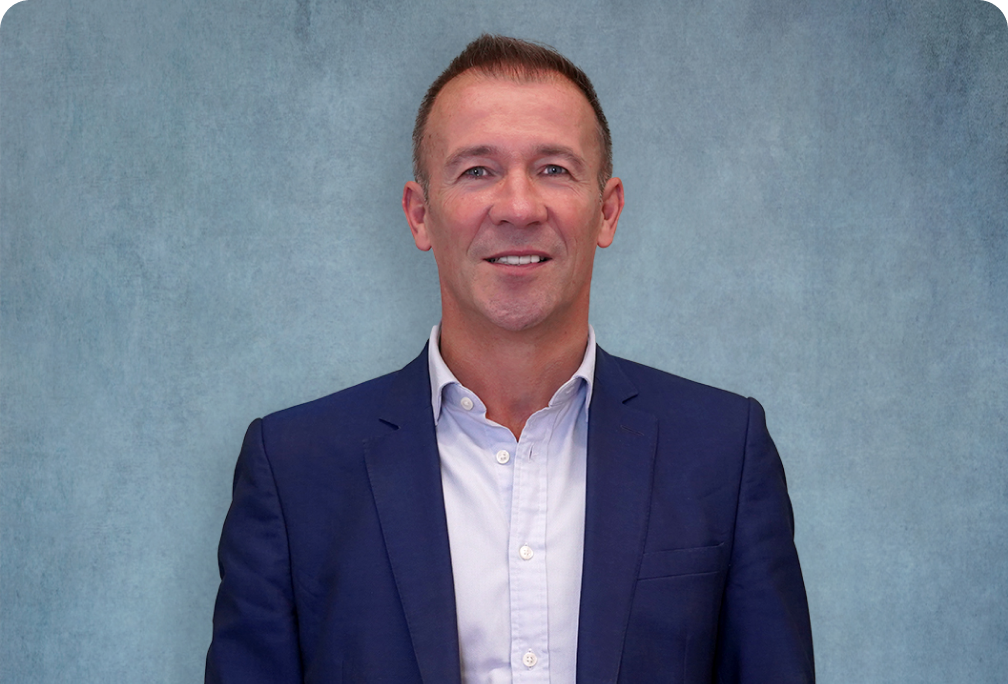Investing is about time - not timing
Learn more about our institutional approach to investing for you and your family

Johnnie Hampel
Co-founder, Client Relationships

“Having worked in personal finance for over 20 years, I’ve found that even the best investors find it very, very difficult to time markets. The simple reason for this is that there are always two decisions you make when you time markets: when to sell and when to buy back again.
I remember when the market had fallen about 30% in 2008 and then another 20% at the start of 2009, everyone thought the world was ending. That was exactly the beginning of one of the longest bull markets in recent memory. Whilst some sold before the bottom, very few bought at the bottom.
I also remember when fear from Covid caused a shock crash in 2020 and then we saw a shock rally on the back of better news. Even this year, who would have expected the market to be up nearly double digits after all the gloom and falls in many asset classes last year?”
Missing the best 10 days will more than halve your average return in the long run
The impact of missing the best days


Based on data from 29/12/2000 to 30/06/2023. Source: Refinitiv Datastream, based on diversified portfolios of global equities and global bonds, represented by the MSCI All Country World Index total return, in USD, and the Bloomberg Global Aggregate index total return, USD hedged.
Why risk trying to time the markets?
The best performing 10 to 20 days in any year drive over half of your annual return. It’s vital to be invested on those days.
So far, so simple.
Now consider that, on average, the very best and very worst daily market returns are no more than 10 calendar days apart. If you somehow manage to miss the worst of times, you may also miss the best of times.
What’s more, if your investment horizon is long, the impact of timing your entry and exit will be marginal, especially if you also consider the cost of trading.
And if your horizon is short, you are statistically less likely to have a positive trading outcome – again, taking trading costs into account.
But does it pay to wait for the market to drop?
With markets feeling on the expensive side and a rumoured recession on the horizon, you might be waiting for a market correction before you invest.
But this approach could cost you up to 15% in returns.
The impact of waiting for the market to fall


Based on 115 years of US Stock Market history. Source: Elm Partners analysis, 2017.
While corrections are a reality in equity investing, you can’t bank on one occurring within a 3 year horizon. In fact, it could take an even longer time to materialise and, by that time, the market may be at a much higher level overall. The opportunity cost associated with waiting is always much higher than investing today.
Analysis of 115 years of US stock market history shows that, over a 3 year horizon, regardless of whether you’re waiting for a 1% or 10% correction, there is likely to be a material opportunity cost. In fact it is likely that over a three year period you will lose out on between 8% and 15% of returns.
Our institutional approach
It’s tempting to think we can time the market.
But, in a period of volatility and with narrow windows between success and failure, it’s near-impossible to predict future market moves – at least without a functioning crystal ball.
So rather than guessing when a bad day might occur and trying to avoid it, we help our clients understand what level of bad performance they can stomach financially and we ascertain whether that fits within their emotional tolerance. We then set a risk level that means they are always invested within their comfort zone, even in the worst market conditions.
This approach works over time. No more fingers in the air. Just the control, transparency and peace of mind of knowing that your finances are supporting your life.
Click here to listen to Johnnie’s conversation with Nic Humphries, Co-Founder of Hg Capital, in full.

What our clients say about us
This is exactly what I thought and wanted it to be. It is the best, and most innovative concept and approach I’ve seen in this space.
Senior Banker, Investment Bank

What our clients say about us
I don’t say this often but I am absolutely blown away by what you have built. Seriously impressive. I’ll be sending every single one of my clients your way.
Founder and Partner, Career Consultancy

What our clients say about us
Unless I had billions of pounds, I’d never be able to replicate the quality of your team. I don’t want a family office - this is what I need.
Senior Partner, Private Equity Firm

What our clients say about us
Your app is brilliant. It gives me peace of mind having everything in one place and accessible in the palm of your hand.
Former CFO, FTSE 100 Company

What our clients say about us
This is absolutely brilliant. You've captured all the issues with the industry... in a beautifully data-driven way.
Head of Private Equity, London Law Firm

What our clients say about us
This is hugely valuable. It gives me a realistic idea of what I can commit, whilst making sure I am not taking any reckless risks.
Founder and Chief Operating Officer, Private Equity Firm

What our clients say about us
I’m not particularly interested in our finances but for the first time this makes sense to me. At least I know where everything is and we are well looked after if my partner goes under a bus
Full-time Parent

